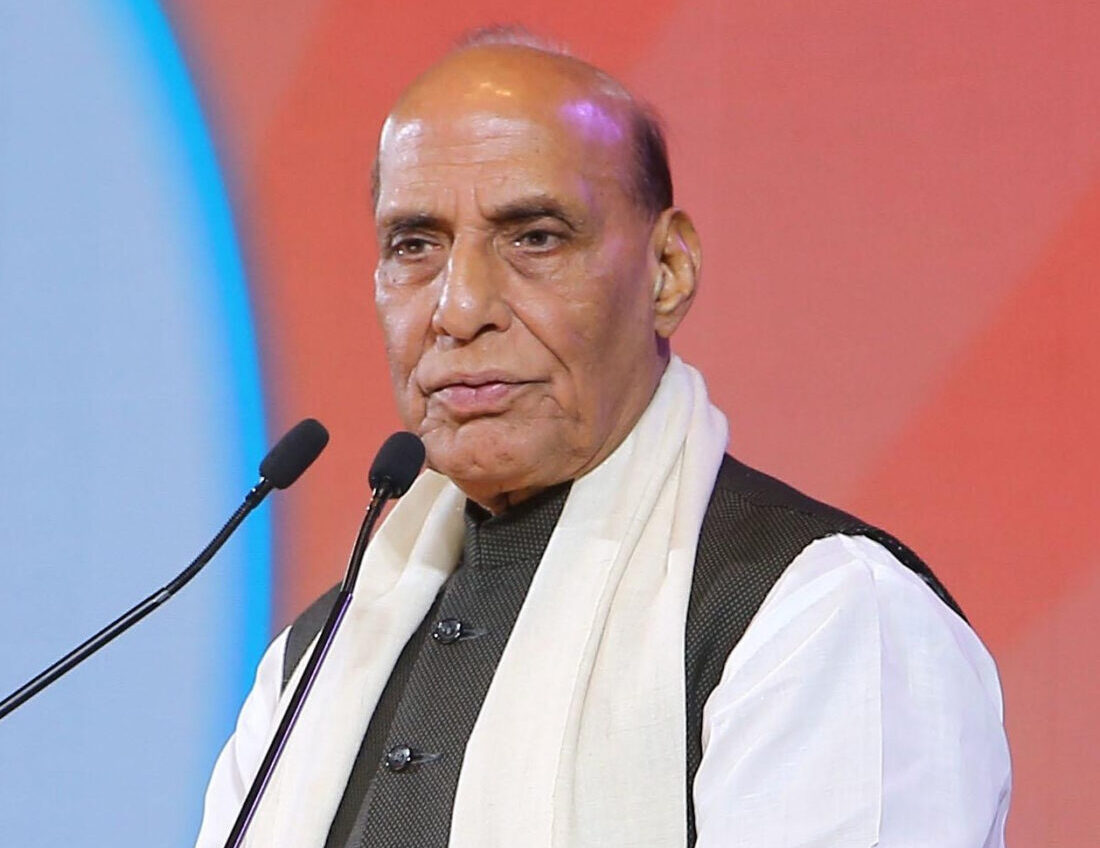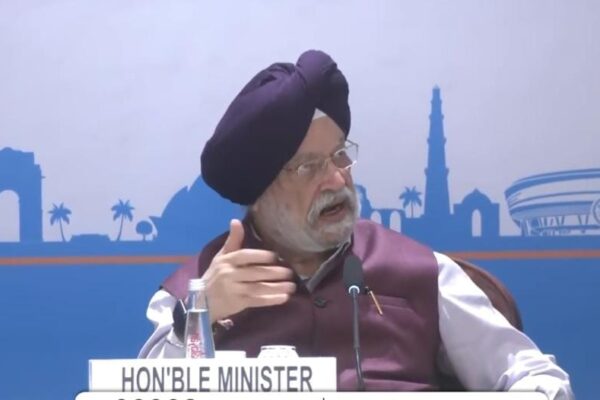The North News
New Delhi, August 30
Many of Donald Trump’s tariffs have been ruled illegal after a federal appeals court found the US President exceeded his powers when he imposed sweeping import duties earlier this year. In a decision handed down on 29 August, the US Court of Appeals for the Federal Circuit said Trump’s reliance on the International Emergency Economic Powers Act (IEEPA) to justify the tariffs was unlawful. Judges concluded that the statute did not grant the White House the power to rewrite tariff schedules of unlimited duration.
The ruling comes after a series of executive orders issued in 2025 introduced “reciprocal tariffs” on nearly all imports and separate “trafficking tariffs” on Canada, Mexico and China. The White House argued that the measures were needed to counter foreign trade imbalances and to punish governments accused of failing to curb the flow of opioids into the US.
In May, the U.S. Court of International Trade (CIT) sided with the plaintiffs, ruling that both sets of tariffs violated statutory limits and enjoining the government from enforcing them. The Federal Circuit largely upheld that finding, stressing that IEEPA’s authorization for the president to “regulate importation” does not extend to blanket tariffs of unlimited duration that cover nearly all goods from almost every country.
Writing for the majority, the court said Congress has historically guarded its exclusive power to impose duties and taxes. While IEEPA grants emergency powers in cases of extraordinary foreign threats, it was not designed to give the executive a free hand to rewrite tariff schedules that Congress has painstakingly legislated. The court highlighted that Trump’s orders imposed tariffs beyond statutory limits and without clear ties to a specific emergency threat, especially in the case of the trafficking tariffs, which applied to all goods from the targeted countries regardless of their link to narcotics issues.
However, the appeals court stopped short of endorsing the CIT’s sweeping remedy. It vacated the lower court’s universal injunction, citing a recent Supreme Court ruling that questioned the legality of nationwide injunctions. Instead, the case was remanded for the trade court to reconsider the scope of relief, ensuring it complies with equitable principles and applies appropriately to the plaintiffs.
The decision drew a sharp dissent from four judges, who argued that IEEPA’s broad language does allow tariffs as a tool of emergency regulation. They contended that the majority’s narrow reading unduly restricted presidential flexibility in responding to global crises.
For now, the ruling is a setback for expansive claims of executive tariff power. It reaffirms Congress’s primacy in trade policy and signals judicial skepticism toward efforts to invoke emergency statutes for sweeping economic measures. The outcome also carries significant implications for future administrations, curbing the use of IEEPA to impose across-the-board tariffs without congressional approval.
Criticising the ruling, Trump said the appellate court majority had erred in striking down most of his tariffs. He argued that the law in question grants the President broad authority to declare a national emergency and that, under Article II of the Constitution, the president holds sweeping powers to shape foreign policy. Trump maintained that his executive orders were rooted in serious foreign policy concerns, pointing specifically to Mexico, Canada and China, which he said had failed to do enough to curb the flow of deadly drugs into the United States.
















